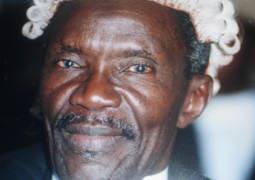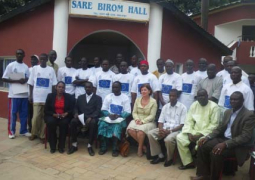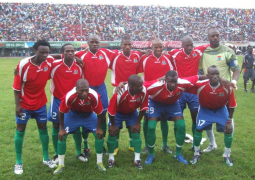Now that the President has been sworn in for another five-year mandate, we are calling on all Gambians, irrespective of political party affiliation, to join hands together for the development of the country.
The development of the country, indeed, requires the collective efforts of all citizens, irrespective of their differences.
We should all work hard in our various professions to move the country forward.
We believe that as Gambians, our collective interest surpasses all other interests; after all if the country is developed, we all enjoy it together.
The aspirations we set for ourselves as a country, such as Vision 2020, and PAGE, could only be achieved through the collaborative efforts of all Gambians and non-Gambians residing in the country, and the support of our friends abroad.
Reducing poverty and corruption are a major challenge for us all, so as to tackle other social challenges facing the country.
The country belongs to all of us; therefore, we need all our hands on deck to become what we intend it to be, in the next five years.
Students should work hard in school, while teachers also live up to expectations.
People in the public service should see themselves as the servants of the people, in executing their responsibilities.
Others who are not in the government circles should also endeavour to work hard in whatever trade they are engaged in.
With the serious commitment and hard work of all Gambians, we can move the country to another level among the community of nations.
Governments and local authorities should, therefore, avoid any form of top-down imposed approaches to development.
Regarding a country’s revenue, it is government that knows best what is available and what is in the pipeline, but the people usually know best what is more relevant to their national and social development, and where priorities are best accorded.
In The Gambia, it can be said that such a participatory approach has yielded important results in most sectors of development: women-in-development projects, farming kafos, and similar organizations.
What is needed, however, is more dissemination of information for the entire population to be well-informed and, therefore, be better placed to contribute more zealously and effectively, and with commitment to the sustainable development of the country.
When the people are in effect denied information by public institutions and bureaucracies, this ultimately and ironically hinders national development and progress, which these public institutions were set up to achieve.





